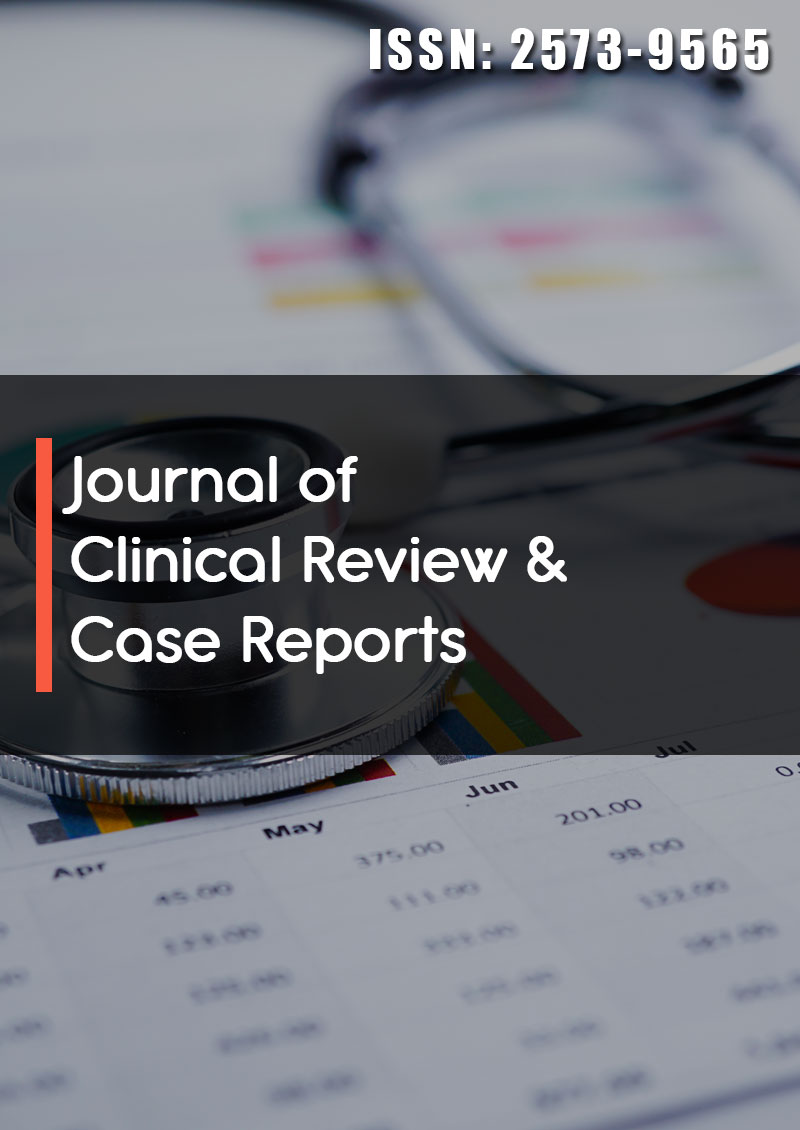Medication Administration Errors for Patients Admitted at Jakaya Kikwete Car-diac Institute Dar Es Salaam Tanzania
Abstract
Adam Ndamayape*, Pedro Pallangyo, Said Kilindimo, Naizihijwa Majani, Robert Malya and Peter Kisenge
Background: medication administration errors are among the most common type in medication error. They are the most common health threatening mistakes that affect the health and safety of the patient. Such mistakes are considered as a global problem which increases mortality rates, length of hospital stays, and other related costs. Objective: To explore the types, causes and why medication administration errors are not reported.
Methods: The present descriptive cross-sectional study was conducted on 75 nurses randomly selected from Jakaya Kikwete Cardiac Institute working in wards and intensive care units. A four-part questionnaire was used. The first part was on the participant demographic characteristics. The second part consisted of 15 questions on why medication errors occur. The third part consisted of 8 items asking on why medication errors are not reported and the fourth part comprised of 9 items on estimated percent of each type of error reported. Data were analysed using SPSS software version 20. The significant p-value was considered less than 0.05.
Results: Majority of the participants were female 72%, male 28%. The mean age was 34.5+-1.93, the majority had diploma level 65.4%, bachelor degree 29.3%, and master degree 5.3%. The most reported error was wrong time of administration and omission error. The most possible cause of error was tiredness due to excess work, few numbers of nurses to patient’s ratio, and heavy workload in the ward. The most reasons why medication errors are not reported was absence of incident report book for medication error, lack of protocol or guideline for medication error and fear of the staff from being fired after reporting drug error.
Conclusion: Since many medication errors are not reported by nurses, nursing leader must show positive response to nurses who are reporting medication error in order to improve patient safety. It is also very important to increase the number of qualified staffs in each working shift since heavy workload, fatigue and inadequate staff in each working shift are the most effective factor causing medication error.



